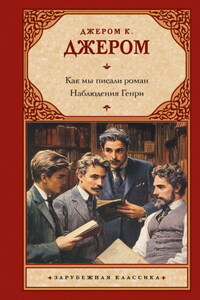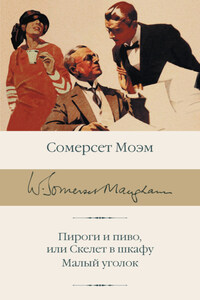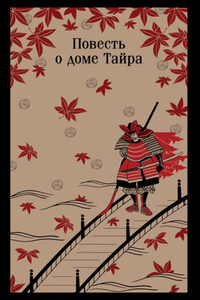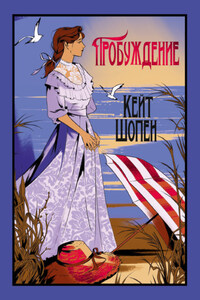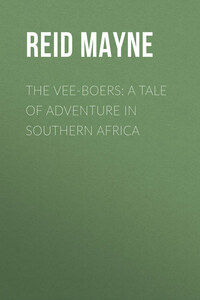Captain Mayne Reid is pleased to have had the help of an American Author in preparing for publication this story of "The Boy Slaves," and takes the present opportunity of acknowledging that help, which has kindly extended beyond matters of merely external form, to points of narrative and composition, which are here embodied with the result of his own labor.
The Rancho, December, 1864.
No one who has written books for the young during the present century ever had so large a circle of readers as Captain Mayne Reid, or ever was so well fitted by circumstances to write the books by which he is chiefly known. His life, which was an adventurous one, was ripened with the experience of two Continents, and his temperament, which was an ardent one, reflected the traits of two races. Irish by birth, he was American in his sympathies with the people of the New World, whose acquaintance he made at an early period, among whom he lived for years, and whose battles he helped to win. He was probably more familiar with the Southern and Western portion of the United States forty years ago than any native-born American of that time. A curious interest attaches to the life of Captain Reid, but it is not of the kind that casual biographers dwell upon. If he had written it himself it would have charmed thousands of readers, who can now merely imagine what it might have been from the glimpses of it which they obtain in his writings. It was not passed in the fierce light of publicity, but in that simple, silent obscurity which is the lot of most men, and is their happiness, if they only knew it.
Briefly related, the life of Captain Reid was as follows: He was born in 1818, in the north of Ireland, the son of a Presbyterian clergyman, who was a type of the class which Goldsmith has described so freshly in the "Deserted Village," and was highly thought of for his labors among the poor of his neighborhood. An earnest, reverent man, to whom his calling was indeed a sacred one, he designed his son Mayne for the ministry, in the hope, no doubt, that he would be his successor. But nature had something to say about that, as well as his good father. He began to study for the ministry, but it was not long before he was drawn in another direction. Always a great reader, his favorite books were descriptions of travel in foreign lands, particularly those which dealt with the scenery, the people, and the resources of America. The spell which these exercised over his imagination, joined to a love of adventure which was inherent in his temperament, and inherited, perhaps with his race, determined his career. At the age of twenty he closed his theological tomes, and girding up his loins with a stout heart he sailed from the shores of the Old World for the New. Following the spirit in his feet he landed at New Orleans, which was probably a more promising field for a young man of his talents than any Northern city, and was speedily engaged in business. The nature of this business is not stated, further than it was that of a trader; but whatever it was it obliged this young Irishman to make long journeys into the interior of the country, which was almost a terra incognita. Sparsely settled, where settled at all, it was still clothed in primeval verdure – here in the endless reach of savannas, there in the depth of pathless woods, and far away to the North and the West in those monotonous ocean-like levels of land for which the speech of England has no name – the Prairies. Its population was nomadic, not to say barbaric, consisting of tribes of Indians whose hunting grounds from time immemorial the region was; hunters and trappers, who had turned their backs upon civilization for the free, wild life of nature; men of doubtful or dangerous antecedents, who had found it convenient to leave their country for their country's good; and scattered about hardy pioneer communities from Eastern States, advancing waves of the great sea of emigration which is still drawing the course of empire westward. Travelling in a country like this, and among people like these, Mayne Reid passed five years of his early manhood. He was at home wherever he went, and never more so than when among the Indians of the Red River territory, with whom he spent several months, learning their language, studying their customs, and enjoying the wild and beautiful scenery of their camping grounds. Indian for the time, he lived in their lodges, rode with them, hunted with them, and night after night sat by their blazing camp-fires listening to the warlike stories of the braves and the quaint legends of the medicine men. There was that in the blood of Mayne Reid which fitted him to lead this life at this time, and whether he knew it or not it educated his genius as no other life could have done. It familiarized him with a large extent of country in the South and West; it introduced him to men and manners which existed nowhere else; and it revealed to him the secrets of Indian life and character.

